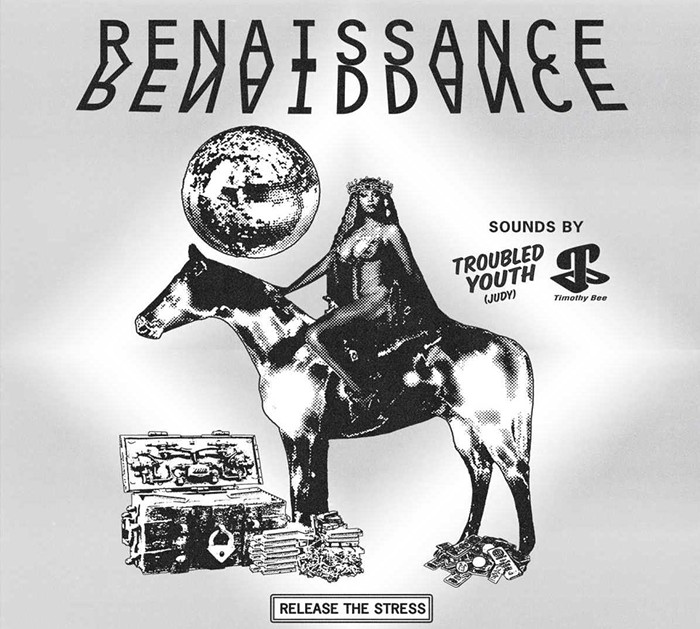I must admit, I've never eaten Tibetan food before, but it seems fitting my first try should be at Lungta, the first Tibetan restaurant in the Pacific Northwest. Tibetan food, most notably, is made without sugar, which was startlingly obvious when I sampled their Bocha (a lightly buttered, salted, milky tea). Much like drinking a cup of liquefied butter, the Bocha was warm and salty, and lacking the lovable sweetness of Chai. It wasn't something I would order again.
This cuisine takes a little getting used to, but overall makes for a hearty and fulfilling meal. The mung bean appetizer was made up of fragile chunks of slippery mung bean cake bathed in soy vinegar. It was something new, although my American taste buds craved more kick. It should be noted however, that kick can be delivered tenfold with a drizzle of Lungta's homemade chili paste. And, as long as you're not the one who glops too much onto your Momo (a tasty cheese/vegetable filled dumpling), watching your companion sweat and thirst for water can make for a half hour of great laughs.
The Tsel Bhaleb, a chewy dough pocket filled with mixed vegetables (zucchini, carrots, peas, etc) was a wholesome, if spiceless, dinner made more interesting with a touch of soy sauce. Accompanied by a shredded vegetable salad, dinner became more dynamic thanks to the salad's vinegar tang.
Most appealing was the Phing Sha, made up of chunks of slow-cooked beef, potatoes, bean shreds, and peas sprinkled with cilantro. Much like a flavorful beef stew, the thick salty broth tasted great scooped up with a piece of Lungta's homemade bread. Lungta steams their bread, which gives it the dense chewiness of a great bagel, and succeeds perfectly, even without sugar.
Lungta also serves as a great resource for lunch and sickness. Lunch because they serve a six-dollar buffet where you can sample all the goods, and sickness because they serve a giant bowl of soup for three bucks. Their chicken corn soup is a comforting broth with restrained amounts of chicken and crisp corn you could nurse for hours.
Even though dinner at Lungta left me a little flavor-starved, it made me appreciate the difficult life Tibetans must live. With all their stuff stolen from the Chinese, life is geared towards survival, which creates hearty food for survivalists.


















